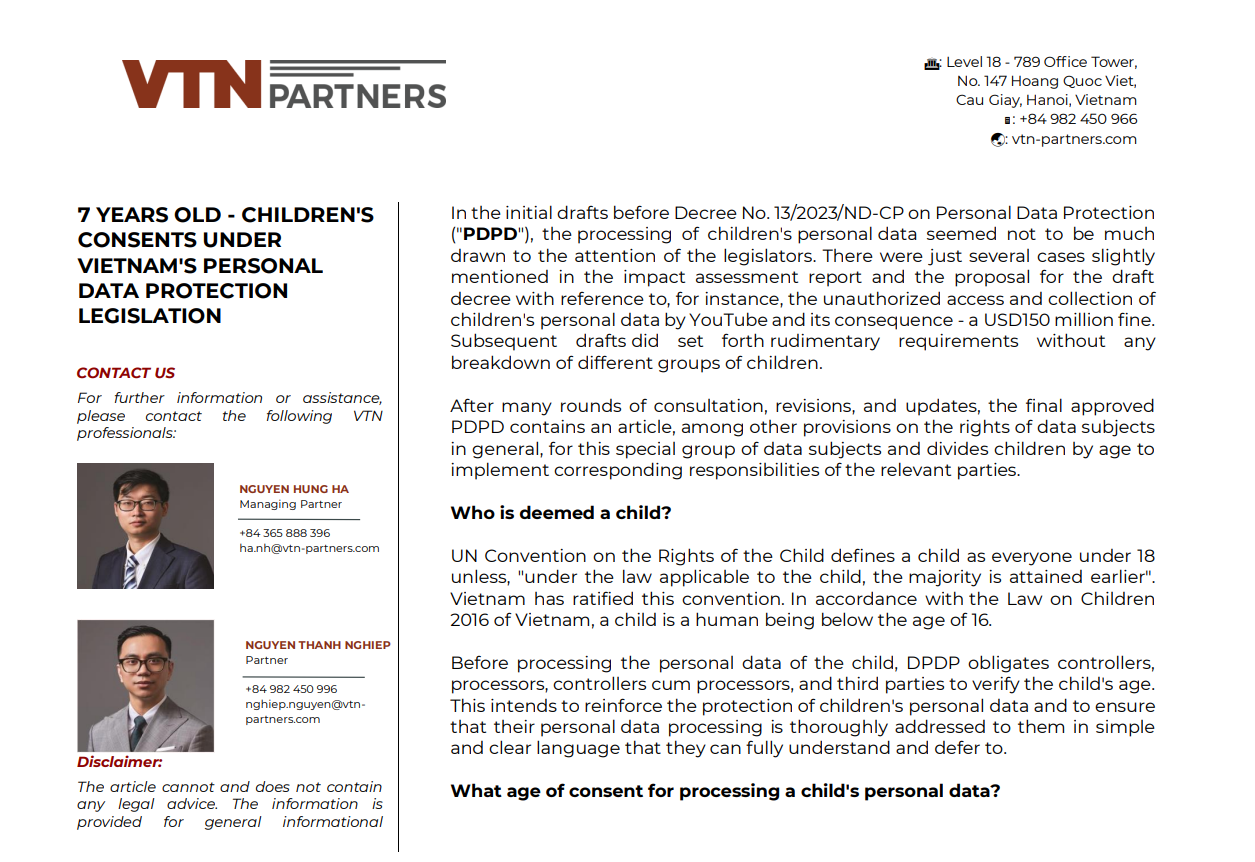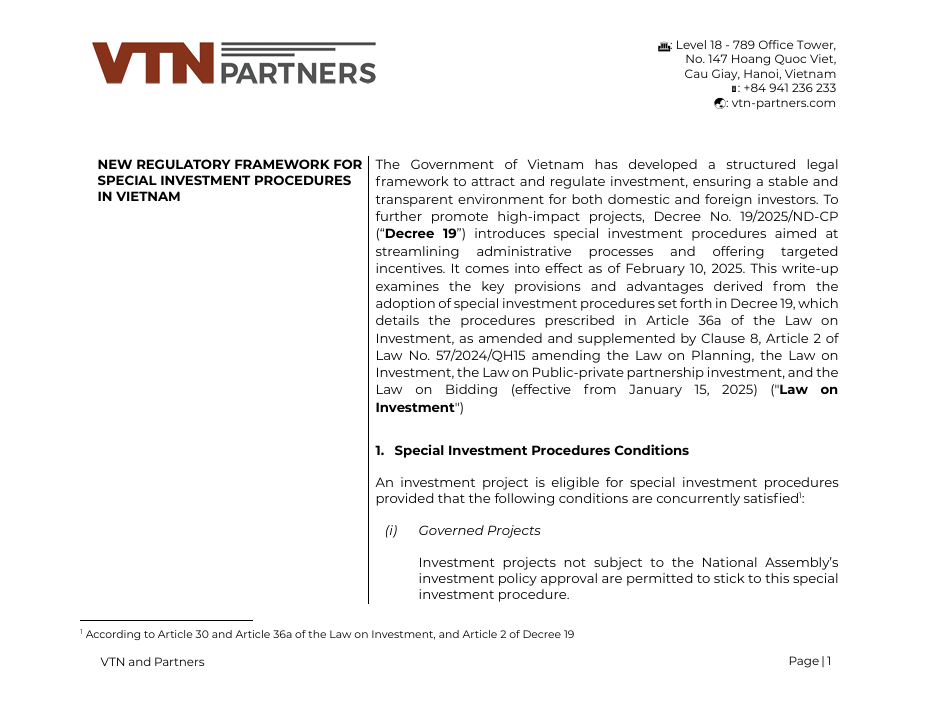The genesis of the carbon market can be traced back to the United Nations Kyot Protocol on climate change, which was adopted in 1997. The protocol established a framework wherein countries possessing surplus emissions rights could engage in transactions with high-emission nations, either exceeding or falling short of their committed targets. Subsequently, a novel commodity emerged on the global stage – certificates for reducing or absorbing greenhouse gas emissions.
Since the endorsement of the Kyoto Protocol on December 3, 1998, Vietnam has actively participated in the carbon credit exchange and offset mechanisms. Over
300 programs and projects have been registered in this endeavor. Notably, approximately 150 of these initiatives have been granted a total of 40.2 million credits, subsequently being exchanged within the worldwide carbon market. Against this backdrop, the ensuing research article (240202 VTN_CLEAN DEVELOPMENT MECHANISM RULES BY VIETNAMESE COMPANIES) delves into the regulatory landscape of the carbon market as navigated by businesses in Vietnam, offering insights into their legal implementation and providing recommendations for their continued engagement.








